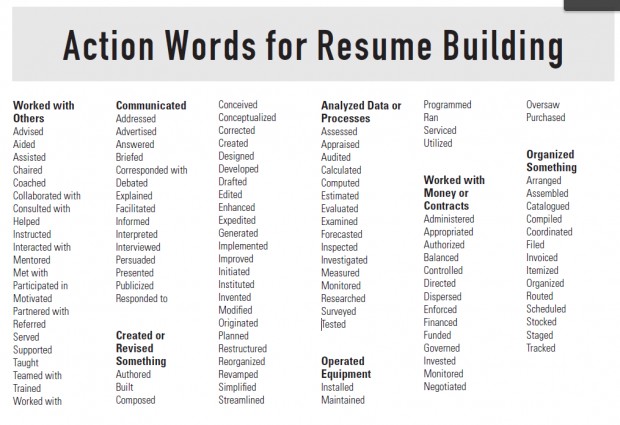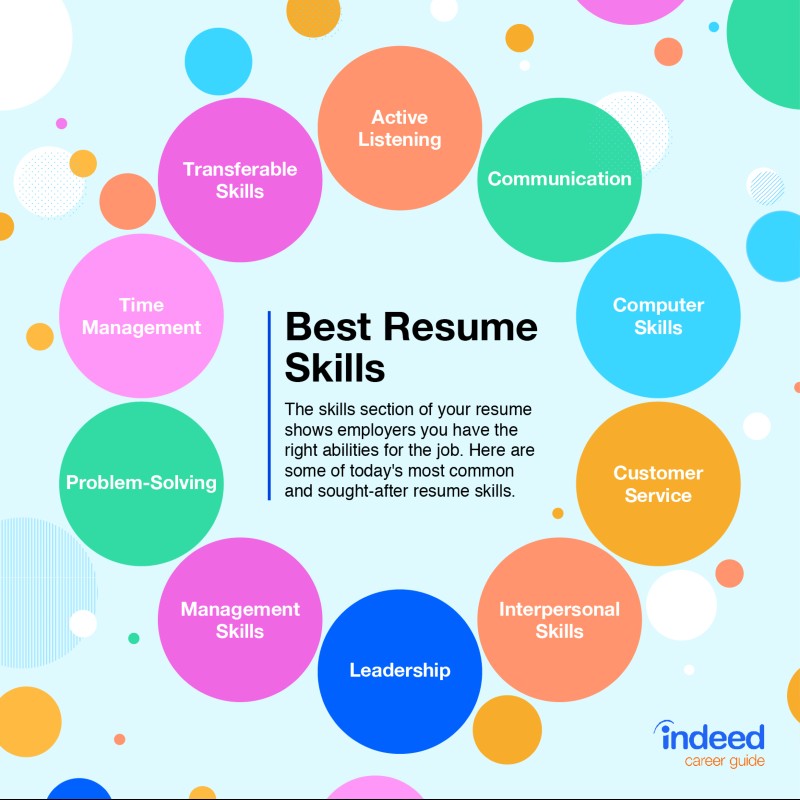You think your resume is perfect, but you’re not getting any hits. Why not? The truth is that building a good resume or CV can be a more complicated process than most people think. It isn’t just about outlining the positions you have held and listing your accomplishments. It’s also about crafting an easy-to-read, eye-catching resume, and that takes some work. Here’s what you need to know.
Begin with the Right Template
Hiring managers say: Many people use templates that are boring (just a single typed Word doc), and while that might not seem to matter, we go through literally dozens or hundreds of resumes. If your resume isn’t memorable, it will be harder to consider seriously.
There are countless templates out there, which can give you a good place to start. Resume templates don’t just structure it in terms of what you put on it and where, but they can also direct the attention to your best assets. The type of template you should select is going to depend a lot on your job history and the type of work you desire.
As an example, if you don’t have a lot of job experience, you’ll want a resume that is more skill-based. If you have a lot of job experience, you may want a more functional resume. And if you’re in illustration, design, or marketing, it will need to be more artistically presented than if you do traditional office work.
Use Dynamic Words (Reference: www.Monster.com)
According to Caroline Zaayer Kaufman, your resume is greatly enhanced by the use of action verbs which add energy and purpose to the text. The passive voice softens your message and reduces the punch. For example, the overused word “Communicate” could be replaced by: persuaded, addressed, influenced, or publicized. The word, “Organized” could be overtaken by orchestrated, executed or operated. A simple task such as ‘organizing client records” could be replaced by “monitoring client accounts”. Other power words include: oversee, appoint, consolidate and delegate. Go to the thesaurus for wonderful lists of synonyms to replace the tired old words you were going to use and try bolstering it with some power plays!

Tailor Your Resume to the Listing
Hiring managers say: A large, general-purpose resume is a chore to read because we have to hunt to find out whether your experience is even truly relevant.
A resume is essentially an application to a job position. It’s best to pay attention to job descriptions and tailor it to their needs. If you read a job description and your resume right after, would you get the impression that you’re the perfect fit for the job? Or would you feel as though they are going in two different directions? Make sure you emphasize the ways in which you really relate to the job in your resume as this is going to show why the job should be yours.
Write to Impress
Hiring managers say: A lot of people have been a “network engineer” or “bank teller” but that tells us nothing about how you actually performed in the position, nor any details about the extensiveness of your work and training.
When writing descriptions of the jobs you’ve had in the past, focus on the things you’ve achieved and the contribution you have made. Rather than using “corporate speak” such as “managed customer experience,” it would be much better to provide a brief description of the job and your role or influence in the department. You want to focus on the things that you actually accomplished rather than just your day-to-day tasks and emphasize your relevant achievements and similar experiences to demonstrate your suitability for the new job. That doesn’t mean that you need to exaggerate your abilities; it means that you want to take a hard look at what you actually achieved in your position.
Find out if you can, any quantifiable or measurable results the team or you personally produced during your time in the position. For example, if you were in sales obviously you could demonstrate how well your sales performed over a period of the last two to three years.
Perhaps you were responsible for finding new customers or keeping the existing ones. “I increased customer retention by 18%.” Or I increased sales by 10% in my first year in the company, compared to no increase during the three prior years”. Or, “I was informally recognized for bringing in the majority of new clients.”
However, if those are examples of your management skills perhaps, you would give all the glory to the group, but add that you established a team nationwide which grew from 10 to 25 people in three years under your leadership.
Even if you had no fancy title, your informal contributions can play an important role, if you reframe them as relevant skills. For example, you may have been known as the problem solver who regularly came up with creative ways to improve systems. Did you help new people speed up their mastery of technical skills? Did you have the gift of clarity and were able to explain procedures simply to the entry-level crowd?
Highlight Relevant Skills
Hiring managers say: Today, hiring is extremely skill-based, as the way work is done is changing. We need to know exactly what your capabilities are, for good or bad, so we can fit you into the right slot.
Today, most people have knowledge of multiple platforms, software products, and more. So, there’s a lot of “skill clutter,” especially for those with long-running careers. Think about highlighting your most relevant skills rather than just creating a complete word cloud of the skills that you do have. Again, refer to the job listing; you want to identify the skills that are most likely to be pertinent to the company that’s hiring you, not just all the skills that you’ve developed over your career.
For instance, saying you are a good communicator says nothing to the hiring manager. However, if you gave a brief example of an occasion where your communication skills saved the day, or improved a relationship with a client, or helped a co-worker with a problem it would pep up a really dry resume.

Writing for the “Machine”
Hiring managers say: Artificial intelligence is a double-edged sword. We have to use hiring software today because there are just so many applications. But if you don’t say the right thing, we may not even see it!
Think of your resume as a website. Keep in mind that it frequently goes through hiring software first. That’s why you often need to copy and paste your contents into a machine before you send your actual resume. The program will evaluate and “score” it depending on how relevant you seem to the job.
More frequently, the software is just looking for keywords. If you’ve paid attention to the job listing and your skills and job description, you should be able to show that you’re a good candidate for the position. Don’t bother trying tactics like putting the whole job listing in, but camouflaged keywords will often get revealed in processing.
Keeping It as Brief as Possible
Hiring managers say: Most resumes get seven second before a decision is made to read on or not. We really do not have the time to devote to each that we would want to have. In an ideal world, we could read every one thoroughly. But if yours is three pages long, it’s less likely to get read; we can give two candidates the time it would take to read yours.
For most people who have been in the workforce for more than a decade, the “one-page resume” is just a dream. A one-page resume is just not feasible for most people, it’s not even desirable; it doesn’t really give a true picture of the things you’ve accomplished and the things that you can do for them. But regardless, you should still keep it as short as possible. The first page is what’s going to interest people. If they aren’t captured by the time they’ve read the first page, they are very unlikely to read the rest.
Getting a Fresh Pair of Eyes
Hiring managers say: There are countless times when we go to email someone and the email itself is written incorrectly on their resume. The strangest things can be incorrect and just escape you. For the most part, we understand, but it’s important to show that you’re detail-oriented.
Before you start to send your resume out, make sure you have it reviewed and edited by a few people. It’s better to get a set of new eyes on your resume as there can be issues such as typos that you might not see at once, but that are glaringly obvious to someone who hasn’t been staring at the resume for weeks on end.
With all those things in mind, it can sometimes be better to hire a professional resume writing service. A professional will be able to go over what you have, pull out the salient accomplishments, shorten it and polish the language, so you know that you’re putting your best foot forward.



